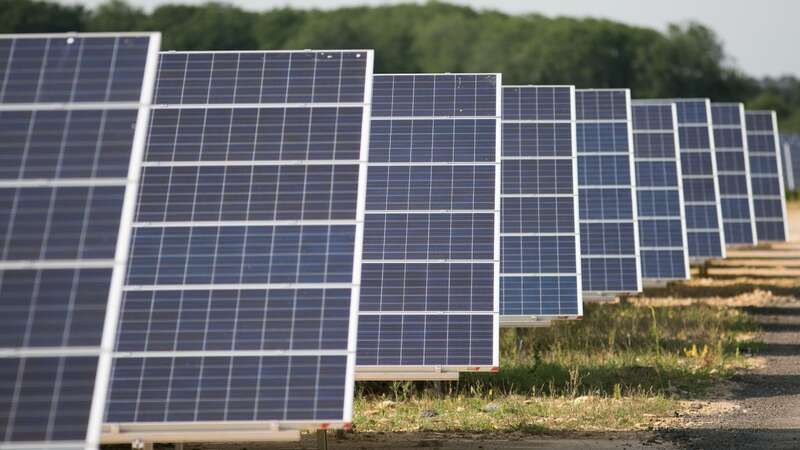
A warning has been issued about the failure to address forced labour risks in the renewable energy sector, particularly those involving the Uyghur population.
This comes from research conducted by Anti-Slavery International, the Helena Kennedy Centre for International Justice and the Investor Alliance for Human Rights.
These organisations have published a guide for investors and a policy briefing on green technology supply chains. They argue that business leaders and ministers need to develop better strategies to tackle forced labour risks in the sector, especially due to reliance on supplies from the Xinjiang Uyghur Autonomous Region in China.
China has been accused of committing crimes against humanity and possibly genocide against the Uyghur population and other mostly-Muslim ethnic groups in this region. The report highlights that both the solar and electric vehicle industries have been heavily impacted by forced labour in the region, given its dominance in green technology material supply and production.
The researchers, who interviewed investment professionals to understand how they have responded to these risks, warned that any materials sourced or produced in the Uyghur region carry human rights risks. The report highlights that green technology processing in the Uyghur region heavily depends on coal-generated electricity.
 Queen honoured in London New Year's fireworks before turning into King Charles
Queen honoured in London New Year's fireworks before turning into King Charles
This is a key factor in the "cost-competitiveness" of the region's solar industry, according to the International Energy Agency. The researchers argue this could lead to greenwashing in the solar industry and potentially delay the shift to net zero. The study also found that efforts by investors and corporations to avoid direct or indirect involvement in Uyghur forced labour are hindered by a lack of international governmental collaboration.
It calls for governments to work together to support the growth of alternative green technology supply chains. The paper provides guidance for investors on how to reduce these risks and offers a policy brief to the UK Government on addressing the concerns through legislative and regulatory action.
This includes tools for investors to identify and engage with businesses linked to these risks in their green energy portfolios. The report also discusses how investors can redirect investments into companies that promote sustainability, innovation and supply chain resilience. It also outlines policy measures that governments can take to facilitate such investments.
Anita Dorett, from the Investor Alliance for Human Rights, warned: "Investors in green energy sourcing from the Uyghur Region face heightened risks and reduced options. The inability to conduct human rights due diligence on the ground, the impossibility of direct remediation and the absence of investor leverage will necessitate divestment from any supplier operating in the Uyghur Region."
Caroline Dale, from Sheffield Hallam University's Helena Kennedy Centre for International Justice, said: "This guidance provides stakeholders with practical tools to uncover hidden risks within their portfolios and redirect investment into corporations which champion the protection of human rights and sustainability."
Jakub Sobik, from the Modern Slavery and Human Rights Policy and Evidence Centre, stated: "The global efforts to address climate change and move to clean energy should not come at the expense of increasing the risks of people being exploited. We hope this new evidence can inform the UK Government's and investors' efforts to minimise these risks in practice." The Department for Net Zero and Energy Security has been asked for a response.
* An AI tool was used to add an extra layer to the editing process for this story. You can report any errors to webhomepage@mirror.co.uk
Read more similar news:
Comments:
comments powered by Disqus

































